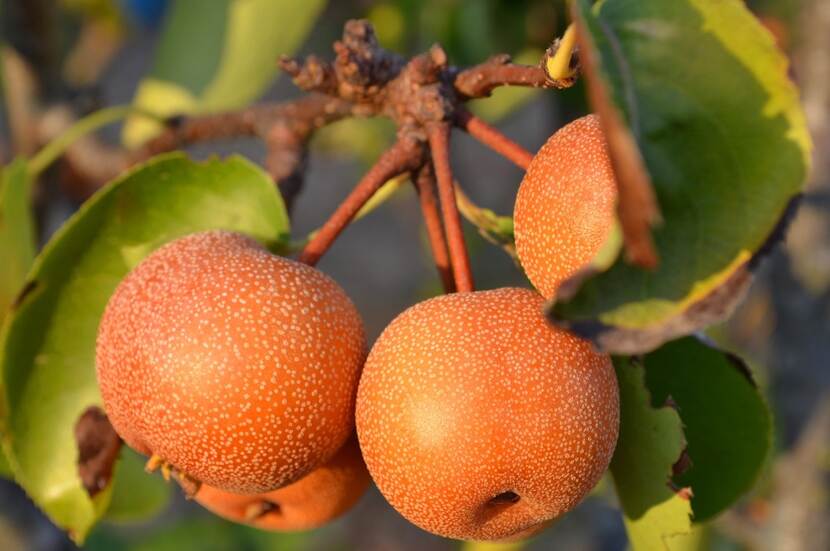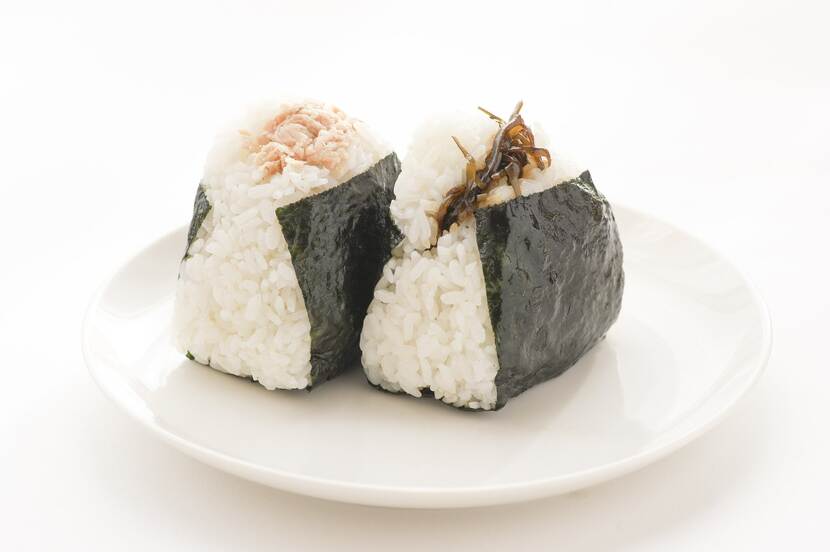Japan News Update (28 Dec. 2020 - 11 Jan. 2021)
Stay updated on the latest agricultural news in Japan, that we publish every two weeks.
By Yuki Sano
Robots and New technology in the food industry
The National Agriculture and Food Research Organization (NARO) and other bodies have jointly developed a prototype of a robot that automatically harvests apples, pears, and other fruits. This robot is capable of identifying fruits using technology based on deep learning. In the case of Japanese pears, the robot can determine the ripeness of the fruit based on the color and recognize the ones that are ready to eat.
Source: Fruit harvesting AI robot developed in Japan amid aging population
Robots are beginning to take the place of people working in supermarkets and convenience stores. However, there is a limit to their widespread use due to the high cost of custom-made robots. Amidst these barriers to entry, the Ministry of Economy, Trade, and Industry (METI) took the lead in launching an initiative to develop a standardized specification for robots by companies including the Aeon Group, the Japanese largest retail group, and the three major convenience stores.
Source: Private-public initiative looks to boost Japan's robot staff uptake with standardized shops
Mitsubishi Corp. has agreed to partner with Israel-based Aleph Farms Ltd. to lay the groundwork for the introduction of lab-grown beef to Japan, where demand for meat is growing. The two companies aim to tailor the taste and nuance of Aleph’s lab-grown beef to the specific preferences of the Japanese market, famed for its Wagyu beef.
Source: Mitsubishi Pairs With Aleph to Sell Lab-Grown Beef in Japan

Agricultural Policy
The Japanese government is stepping up measures to support promising food-tech startups to make it a growth industry in Japan. In the new fiscal year from April, the government plans to launch a program to support food-tech related startups. It is also preparing to provide subsidies up to 40 million yen (about 387,000 dollars) to companies seeking to expand overseas.
Source: Japan to step up support for 'food tech'
The Japanese government will set up a new framework in February to back up cooperation between mid-sized local companies and foreign startups, mainly from Asia. The aim is to promote digital businesses in the private sector. Intensive support is planned in five fields, including decarbonization, health care, next-generation mobility, retail business, and agri-tech.
Source: Government to help Japan firms' digital tie-ups with foreign startups
Japan aims to quintuple its agricultural exports to reach 5 trillion yen over the next 10 years by expanding the range of agricultural operations funds can invest in. The new rules will open up funding for companies that develop smart farming, as well as an export business, enabling the funds to support all phases of the food chain. The government has set export goals and target markets for 27 key agricultural products, including wagyu beef, sake, and strawberries.
Source: Wagyu, strawberries and sake: Japan makes new farm export drive
Another former agricultural minister has been accused of receiving about 15 million yen ($146,000) from an egg producer official in a scandal that has led to the resignation of one lawmaker. The payments began shortly after he was appointed agriculture minister in September 2014 by then-Prime Minister Shinzo Abe.
Source: Another ex-farm minister accused of taking cash from Akita Foods
Covid-19 impact on Japanese food
Household spending in Japan climbed for the second straight month in November 2020, rising 1.1% from a year earlier. The increase was due to higher spending on food and utilities. However, spending on rail travel and eating out saw a sharp decrease due to the pandemic.
Source: Japan household spending rises for 2nd month
On New Year's Day this year, St. Ignatius Church in Tokyo was lined with young women, families, and foreign nationals who were in financial need. Lunch boxes -- bento in Japanese -- were distributed to those in need. A similar event was held during the 2008-2009 New Year's right after the Lehman Shock, but most of the participants were men. In contrast, this year, young women with babies and even families were joined in the food line.
Source: Women, families, foreigners in Tokyo food line as pandemic-induced poverty tightens grip
Japanese retailer Ito-Yokado, a subsidiary of Seven & i Holdings, Japan's second-largest retail group, will launch a nationwide grocery truck business as early as 2022 as a response to the pandemic restrictions that are keeping people at home. Test operation of the grocery truck started in April 2020. Ito-Yokado is also looking into agreeing with municipalities so that its delivery personnel can help to watch over isolated elderly people.
Source: Ito-Yokado expands grocery truck business across Japan
Japan’s coffee culture has benefitted from new customers from the local community and home consumption. Since the pandemic hit, the coffee shop’s location becomes even more important in a stay-home economy. An increase in local regulars have occurred in residential areas, but not in business districts such as Ginza.
Source: A ‘new wind is blowing’ for Japan’s coffee culture
Cutting food waste with technology
Retailers may be able to cut food waste by using AI-based correlation analysis between weather information and consumers' purchasing data to forecast demand for certain products. The trial was launched by the Japan Weather Association and the Fukuoka Municipal Government along with retailers in this city. It has proven effective as some stores have seen the rates of discarded items drop and sales increase.
Source: Japanese retailers using AI to cut food waste with weather info, purchasing data
Seven-Eleven Japan has announced that it plans to extend the shelf life of its rice balls to about twice the current level to reduce food waste. The company is considering a method of putting nitrogen in the package to keep it fresh and to avoid the use of preservatives.
Source: 7-Eleven Japan to try reducing food waste by extending rice ball shelf life
